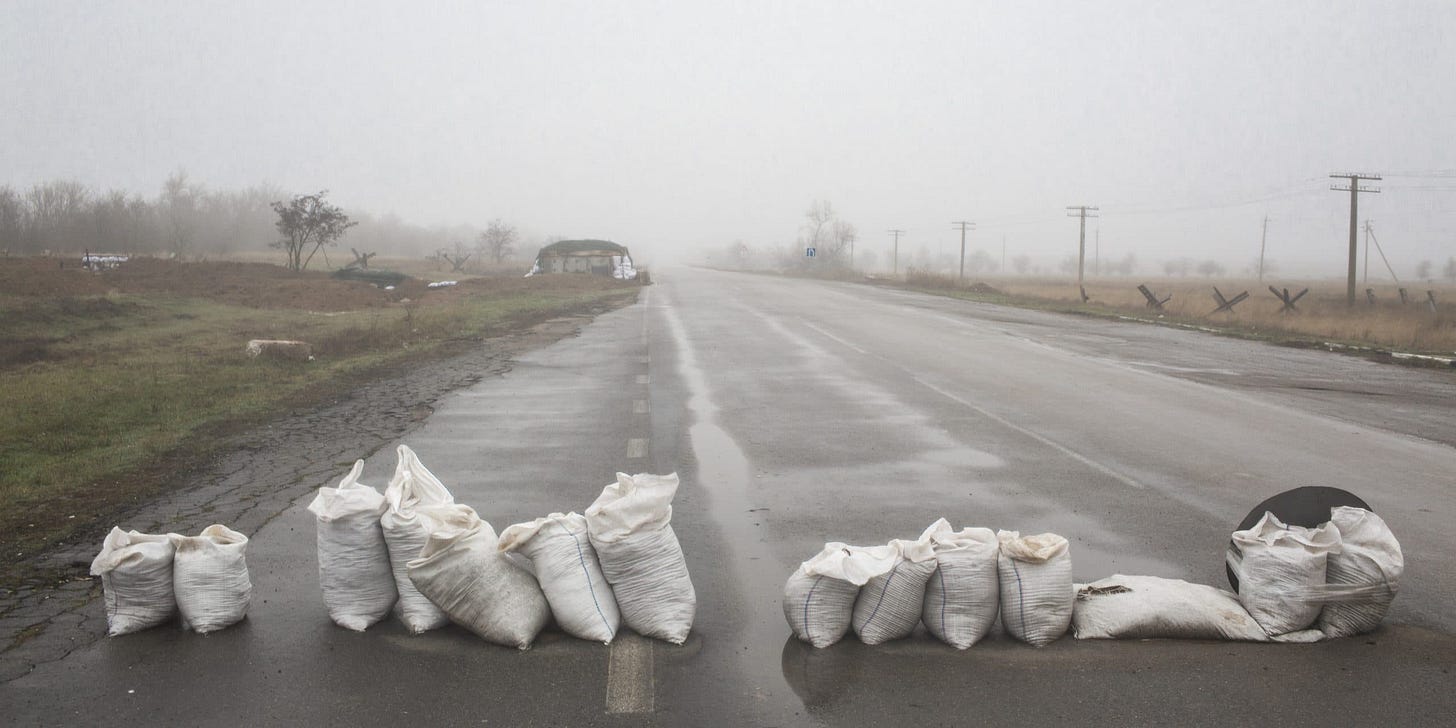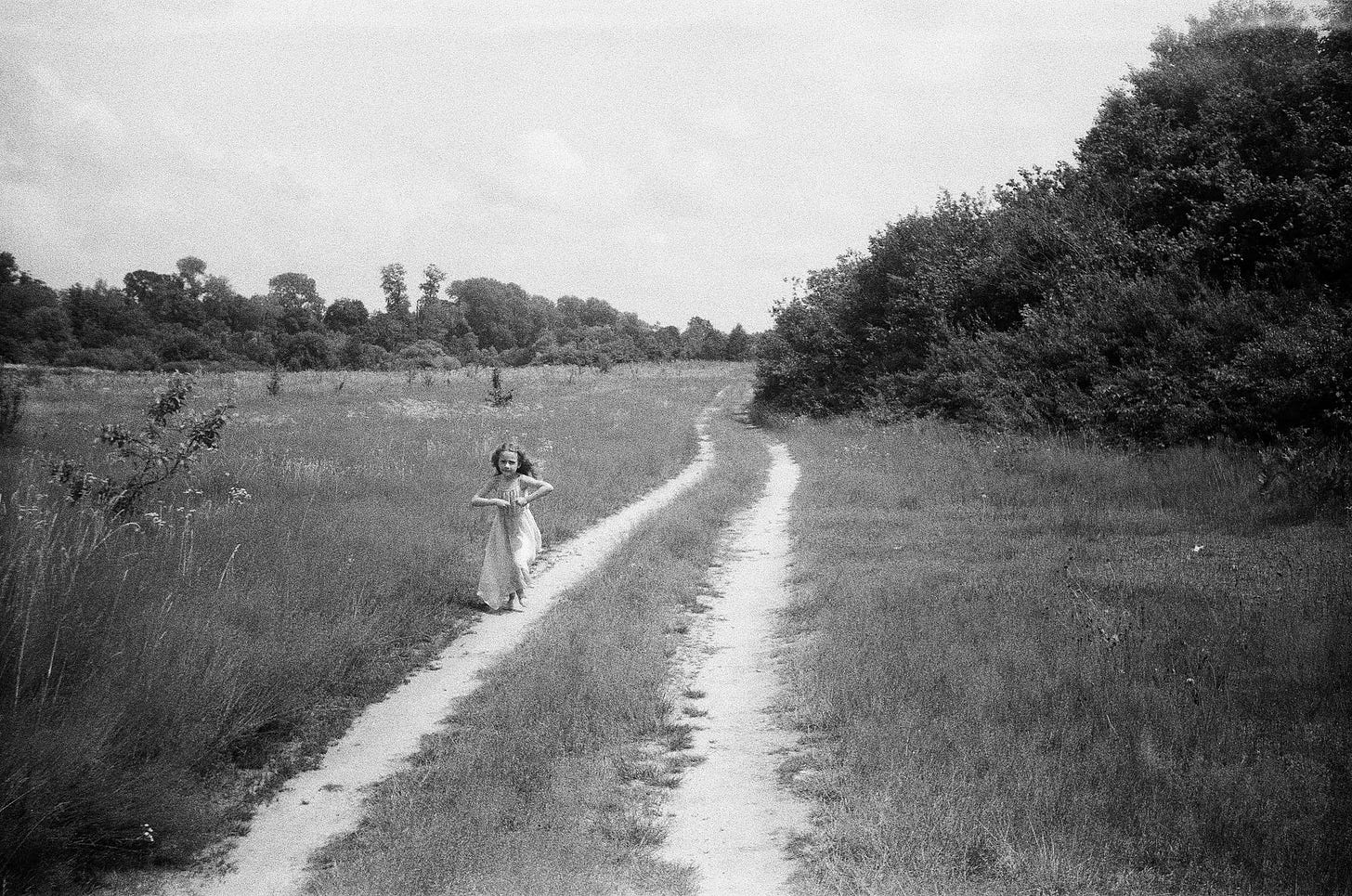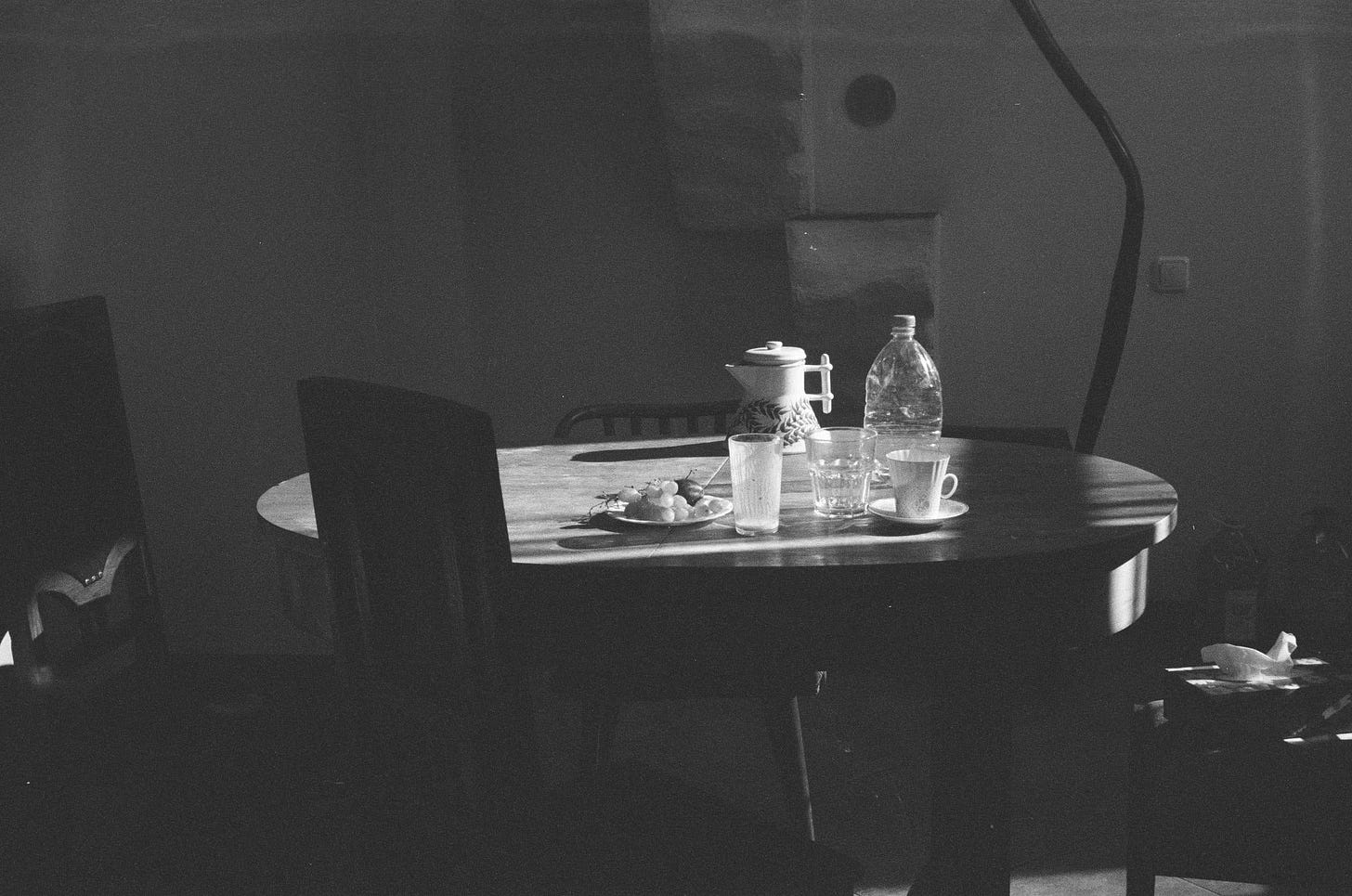The first issue of the London Ukrainian Review was published on 1 December 2021 marking the thirtieth anniversary of the referendum on Ukraine’s independence. We published the special issue when Russia was gathering troops along Ukraine’s borders and preparing to take the independence away by bombing the country into submission.
Three years later, Ukraine is holding out against Russia’s neo-colonial violence. The London Ukrainian Review sheds light on the country’s resistance strategies and explores global challenges through the prism of Ukraine.
In 2024, we have delved into three major themes - Environment, Crimea, and Justice - showing how the processes unfolding on Ukrainian soil reshape the present and futures of communities globally. Below, I suggest my editorial pick of ten pieces that reflect on the history, culture, and society of Ukraine from a variety of standpoints, document Ukrainian experiences of living through Russia’s genocide, and offer us unique lessons from the frontline of the fight for freedom and sovereignty. At the same time, these pieces published in 2024 contribute to a wider effort to imagine and create better societies worldwide.
Visuals accompanying the three issues present work by prominent contemporary Ukrainian artists Kateryna Aliinyk and Anna Zviagintseva and Crimean Tatar photographer Emine Ziyatdinova.
1. Kateryna Mikhalitsyna’s poems documenting Russia’s war against the environment in Ukraine, translated by Hanna Leliv, in LUR 1 (2024)
The bird observing the devastation brought by the destruction of the Kakhovka Dam, the house of an artist uprooted by the flood, the trees stripped of their leaves by a blast wave: in Mikhalitsyna’s poems ‘(the fish speaks)’ and ‘(witnesses of war crimes)’, more-than-human characters testify about Russia’s war crimes. Read here.
2. An essay ‘Vertical Occupation’ by Svitlana Matviyenko in LUR 1 (2024)
While imagining the war’s clear end might feel therapeutic, Svitlana Matviyenko seeks to shake our imaginations into envisioning the forms of coexistence and mutual care in the world of radioactive colonialism, where the end of occupation is delayed to the point of never. She introduces the concept of ‘vertical occupation’, the deep pollution of the environment from the ground waters to the air we breathe, which will persist long after the invaders are pushed out of Ukraine. Read here.
3. An Interview with the co-founder of Stop Ecocide International Jojo Mehta in LUR 1 (2024)
In a conversation with environmental policy analyst Anna Ackermann, Jojo Mehta explores how the impact of Russia’s full-scale invasion of Ukraine has galvanised legal discussion of ecocide. They touch upon the destruction of the Kakhovka Dam and its implications for the introduction of ecocide as the fifth crime of the Rome Statute of the International Criminal Court. Read here.
4. An essay ‘De-occupying Crimea in the Western Mind’ by Rory Finnin in LUR 2 (2024)
For the eightieth anniversary of the Soviet deportation of Crimean Tatars, the London Ukrainian Review dedicated its second issue of 2024 to the Russia-occupied Crimean peninsula and its Indigenous people’s ongoing fight for justice. Exploring the legacy of Crimean Tatar autonomy in the aftermath of World War I and its progressive governing body, the Qurultay, Rory Finnin releases the history of the Black Sea peninsula from the grip of Kremlin obfuscations, and envisions a future, free Crimea within Ukraine. Read here.
5. Emine Ziyatdinova’s family history: ‘Deportation, Homecoming, and Belonging: Three Crimean Tatar Stories’, translated by Larissa Babij
The stories of three Crimean Tatar women, Emine Ziyatdinova’s paternal grandmother, mother, and the author herself, revolve around their relationship with Crimea and its history. The essay is based on multiple interviews with her family which Ziyatdinova recorded between 2008 and 2022 as well as her personal memories. Read here.
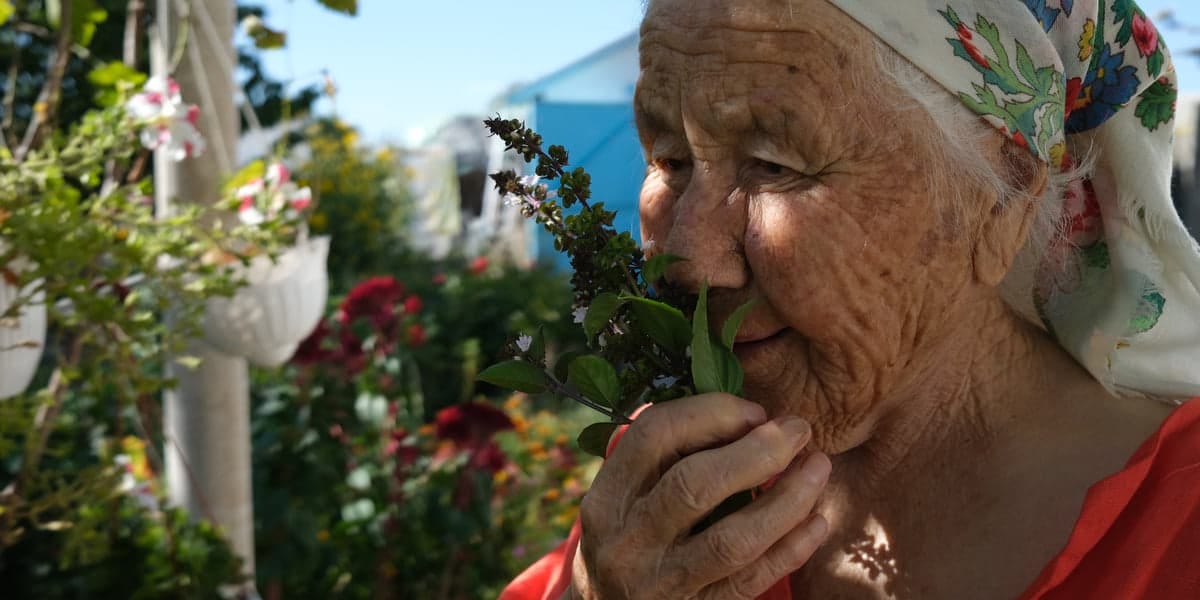
6. Mariia Shynkarenko’s essay ‘Crimean Tatars’ Story of Recognition’
Crimean Tatar resettlement in their ancestral homeland was marked by a failure of the Ukrainian state to recognise and restore their Indigenous rights. As Shynkarenko notes, the repatriates ‘found themselves in a newly independent state, to which they had no prior connection or affinity. Similarly, Ukraine, taking its first steps in state- and nation-building, did not have the capacity or knowledge to develop a strategy of engagement with Crimean Tatars’. It was only after Russia’s occupation of Crimea in 2014 and the Crimean Tatars’ remarkable resistance that Ukraine joined the United Nations Declaration on the Rights of Indigenous Peoples and recognised Crimean Tatars’ indigeneity. And it was too late to become a decisive factor in opposing Russian aggression. However, the hope for the peaceful and democratic future of Crimea after liberation depends on the recognition of Crimean Tatar self-determination and autonomy within Ukraine. Read here.

7. An essay ‘The Long Exile: A History of the Deportation of 1944’ by Martin-Oleksandr Kisly, translated by Larissa Babij in LUR 2 (2024)
The mass deportation of Crimean Tatars in May 1944 is rooted in Russian settler colonialism which Martin-Oleksandr Kisly traces to the subjugation of Crimea by Catherine II. Eighty years after the grievous crime against the Indigenous people of Crimea, Crimean Tatars are under Russia’s occupation and banned from marking this historic date. Read here.
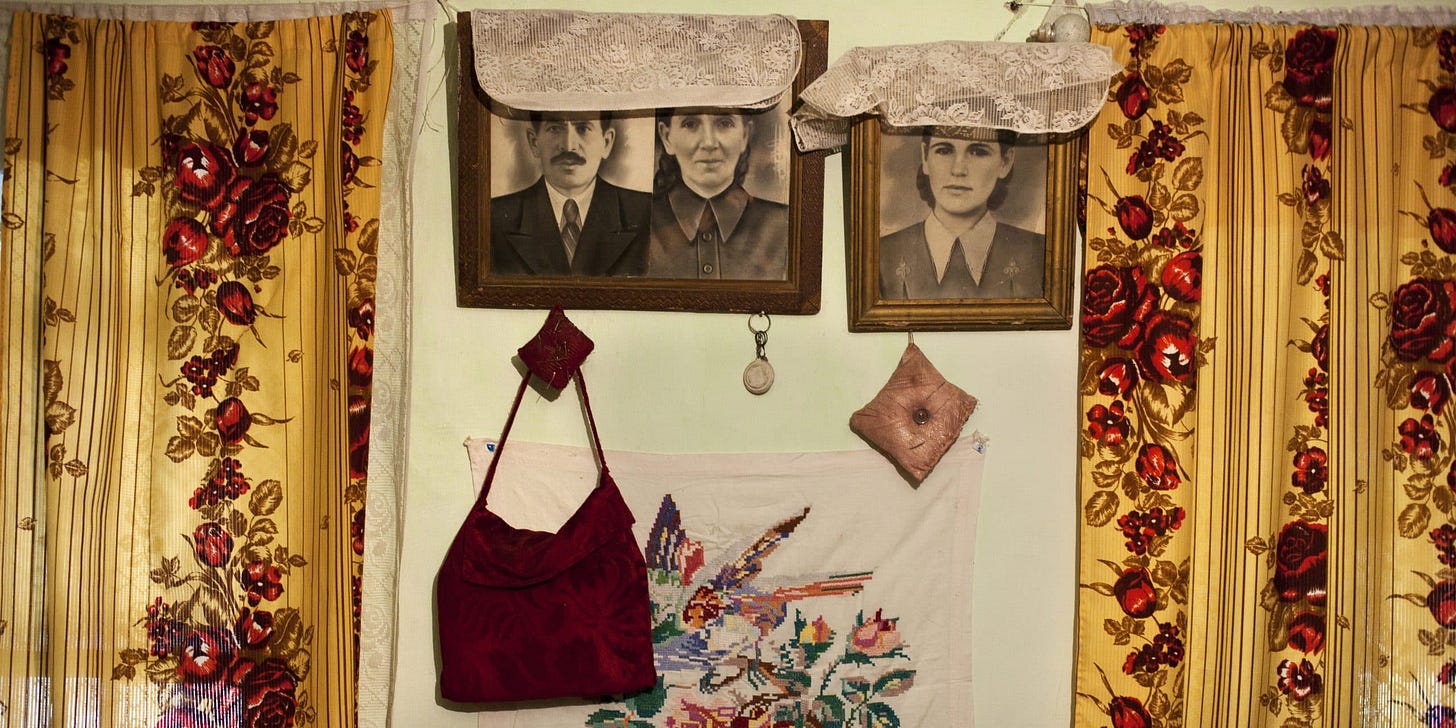
8. Nobel Peace Prize Laureate Oleksandra Matviichuk interviewed by the Kharkiv-born and Australia-based writer Maria Tumarkin
The third issue of the London Ukrainian Review in 2024 is dedicated to justice. It explores how impunity for Russia’s crimes of the past breeds its genocidal war against Ukraine in the present. As Oleksandra Matviichuk explains, we need to break with the ‘stereotypical’ post-World War II ‘approach to justice, where the latter is considered unattainable as long as we are in the midst of war’. New technologies and transnational collaborations enable us to pursue justice even when Russia’s genocidal war is far from over — and thus help bring an end to the impunity which enabled it. Fighting for justice while fighting the war, Ukraine can set a precedent which will reform international law thus benefiting societies globally. Read here.
9. ‘Art for Justice: What Ukraine’s Artistic Heritage Teaches Us about Russian Imperialism’. An essay by the co-curator of the international blockbuster art show ‘In the Eye of the Storm’
There has never been a reckoning with the centuries of Russian colonial violence against Ukrainians and other subjugated peoples of the Russian Empire. This violence has long encompassed an epistemic dimension. Moscow has appropriated the colonised nations’ heritage, obliterated their institutional traditions, and erased their place in the world’s cultural history. When a country’s cultural and intellectual contributions are attributed to its imperialist neighbour, that country disappears from the mental maps of the global community and ignoring its fight for sovereignty and independence becomes all too easy. Katia Denysova’s essay, ‘Art for Justice: What Ukraine’s Artistic Heritage Teaches Us about Russian Imperialism’, shines a spotlight on the restoration of justice in art history. Read here.
10. ‘The shards of our pain keep calling us to battle’: Two Poems by Vasyl Stus, translated by Nina Murray and Bohdan Tokarskyi.
Vasyl Stus was an extraordinary Ukrainian poet and dissident who died in a labour camp in Russia three years before the collapse of the Soviet Union. As Bohdan Tokarskyi notes in his introduction to the poetry translations, Stus was ‘uncompromising in his pursuit of justice and the truth’ in his life and art.
They beat our snow-covered heads against
eternity, relentlessly, without mercy.
And we still fail to settle a score with
our era and to find the path of truth.
Read in full here.
You can support the work of the London Ukrainian Review here.







